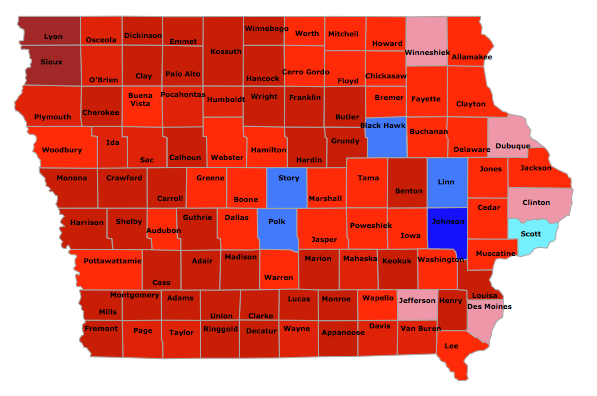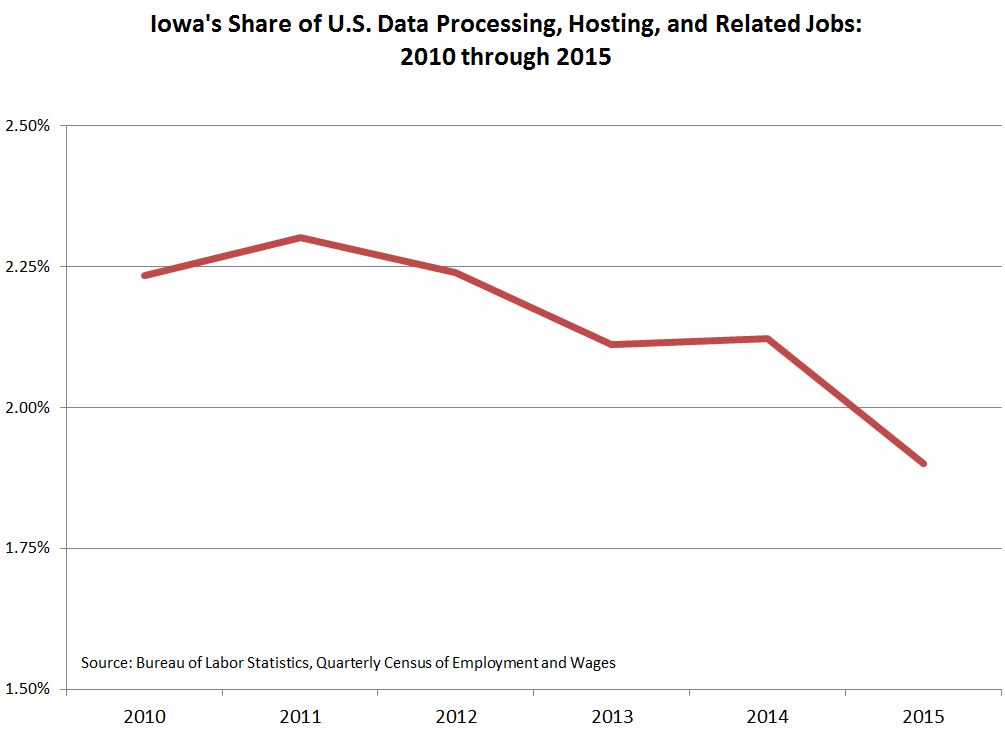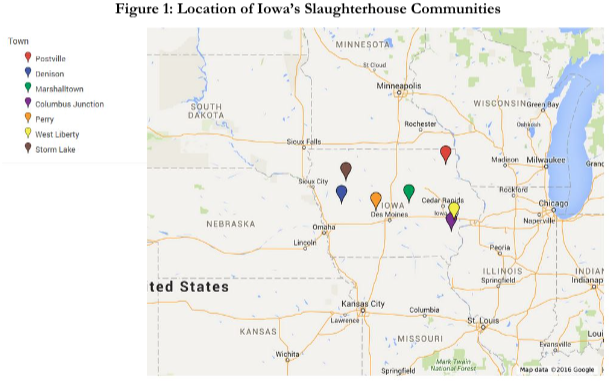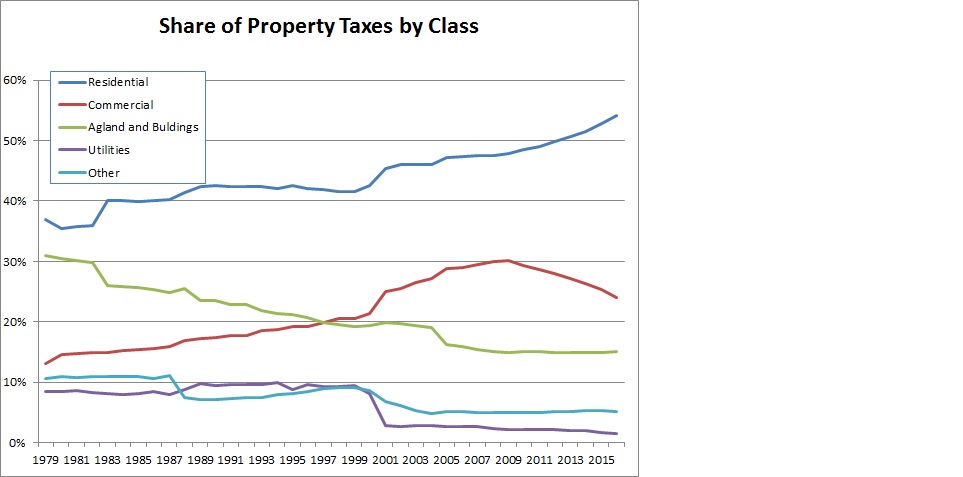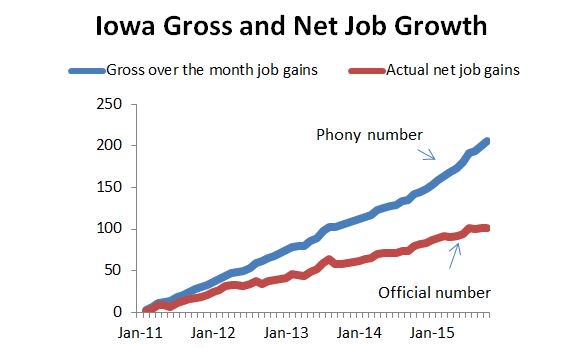One of my blogging new year’s resolutions for 2016 was to publish more work by other authors, and I’m grateful to the many talented writers who helped me meet that goal. After the jump I’ve linked to all 140 guest posts published here last year.
I encourage readers to consider writing for this site in 2017. Guest authors can write about any political issue of local, state, or national importance. As you can see from the stories enclosed below, a wide range of topics and perspectives are welcome here.
Pieces can be short or long, funny or sad. You can write in a detached voice or let your emotions show.
Posts can analyze what happened or advocate for what should happen, either in terms of public policy or a political strategy for Democrats. Authors can share first-person accounts of campaign events or more personal reflections about public figures.
Guest authors do not need to e-mail a draft to me or ask permission to pursue a story idea. Just register for an account (using the “sign up” link near the upper right), log in, write a post, edit as needed, and hit “submit for review” when you are ready to publish. The piece will be “pending” until I approve it for publication, to prevent spammers from using the site to sell their wares. You can write under your own name or choose any pseudonym not already claimed by another Bleeding Heartland user. I do not reveal authors’ identity without their permission.
I also want to thank everyone who comments on posts here. If you’ve never participated that way, feel free to register for a user account and share your views. If you used to comment occasionally but have not done so lately, you may need to reset your password. Let me know if you have any problems registering for an account, logging in, or changing a password. My address is near the lower right-hand corner of this page.



